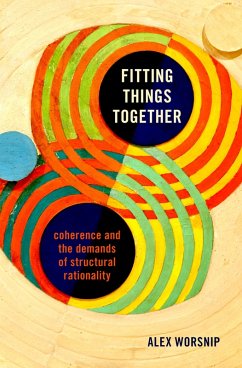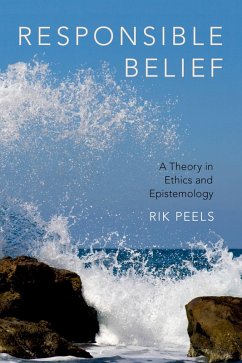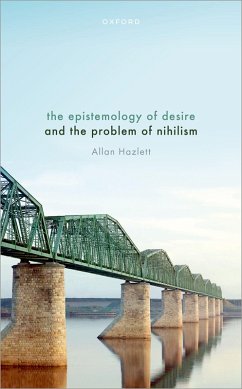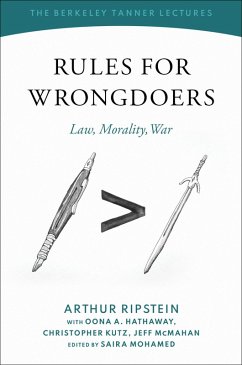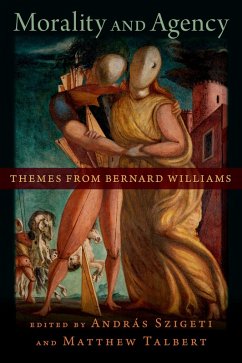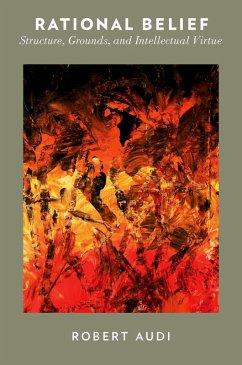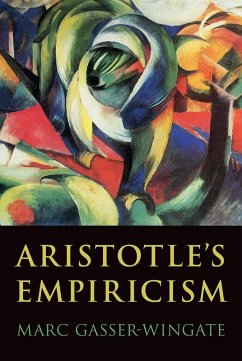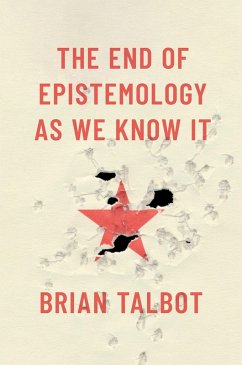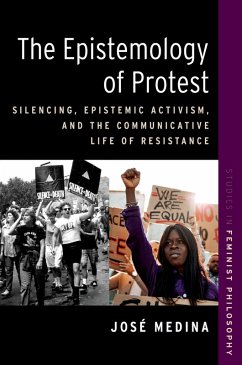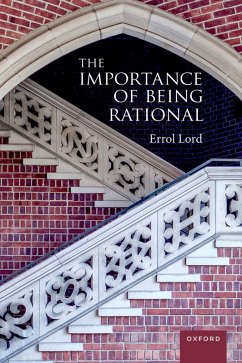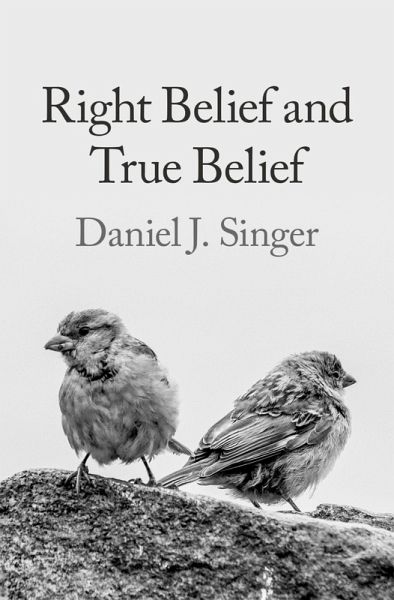
Right Belief and True Belief (eBook, PDF)
Versandkostenfrei!
Sofort per Download lieferbar
37,95 €
inkl. MwSt.
Weitere Ausgaben:

PAYBACK Punkte
19 °P sammeln!
The most important questions in life are questions about what we should do and what we should believe. The first kind of question has received considerable attention by normative ethicists, who search for a complete systematic account of right action. This book is about the second kind of question. Right Belief and True Belief starts by defining a new field of inquiry named 'normative epistemology' that mirrors normative ethics in searching for a systematic account of right belief. The book then lays out and defends a deeply truth-centric account of right belief called `truth-loving epistemic ...
The most important questions in life are questions about what we should do and what we should believe. The first kind of question has received considerable attention by normative ethicists, who search for a complete systematic account of right action. This book is about the second kind of question. Right Belief and True Belief starts by defining a new field of inquiry named 'normative epistemology' that mirrors normative ethics in searching for a systematic account of right belief. The book then lays out and defends a deeply truth-centric account of right belief called `truth-loving epistemic consequentialism.' Truth-loving epistemic consequentialists say that what we should believe (and what credences we should have) can be understood in terms of what conduces to us having the most accurate beliefs (credences). The view straight-forwardly vindicates the popular intuition that epistemic norms are about getting true beliefs and avoiding false beliefs, and it coheres well with how scientists, engineers, and statisticians think about what we should believe. Many epistemologists have rejected similar views in response to several persuasive objections, most famously including trade-off and counting-blades-of-grass objections. Right Belief and True Belief shows how a simple truth-based consequentialist account of epistemic norms can avoid these objections and argues that truth-loving epistemic consequentialism can undergird a general truth-centric approach to many questions in epistemology.
Dieser Download kann aus rechtlichen Gründen nur mit Rechnungsadresse in A, B, BG, CY, CZ, D, DK, EW, E, FIN, F, GR, HR, H, IRL, I, LT, L, LR, M, NL, PL, P, R, S, SLO, SK ausgeliefert werden.




